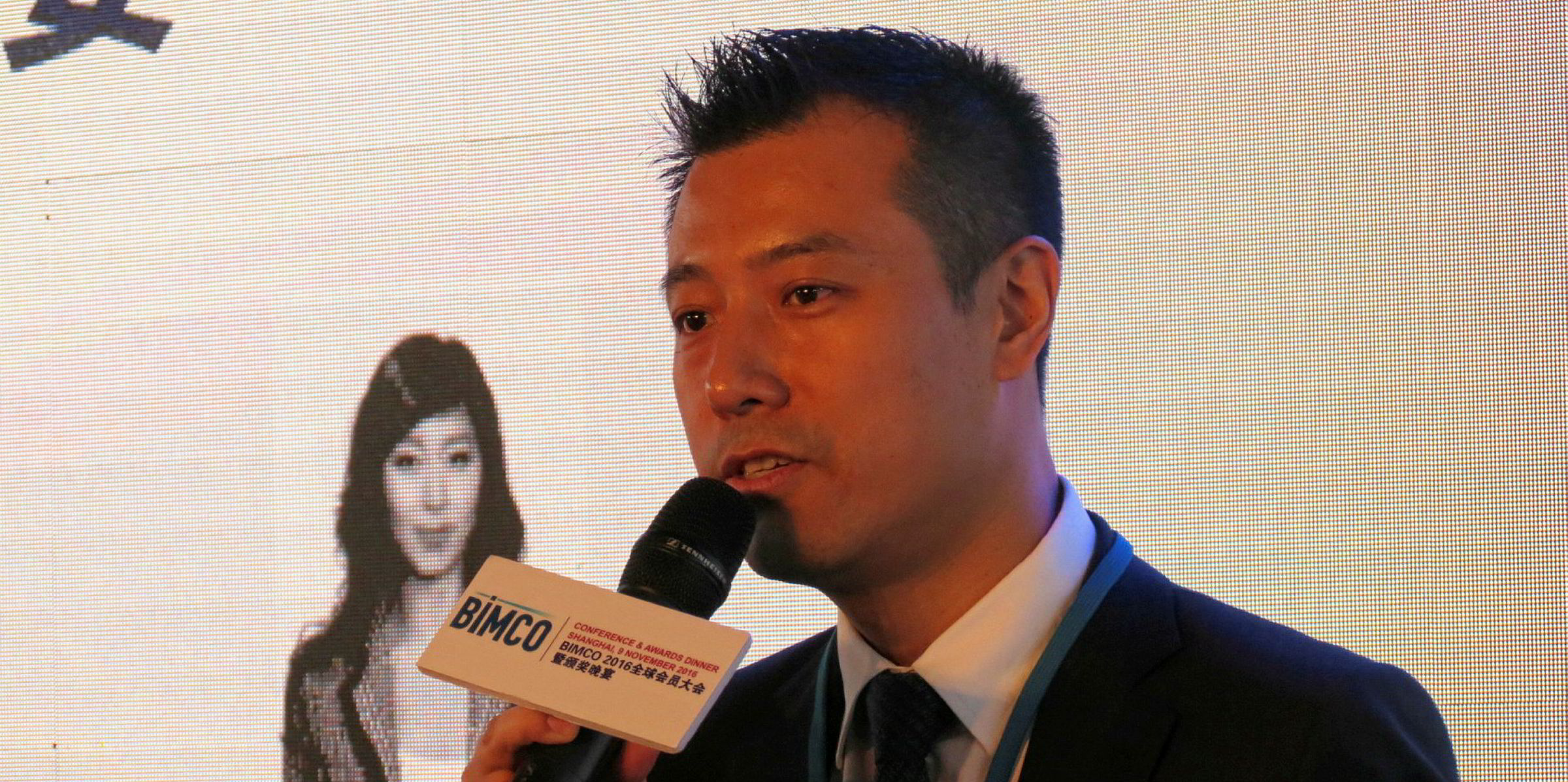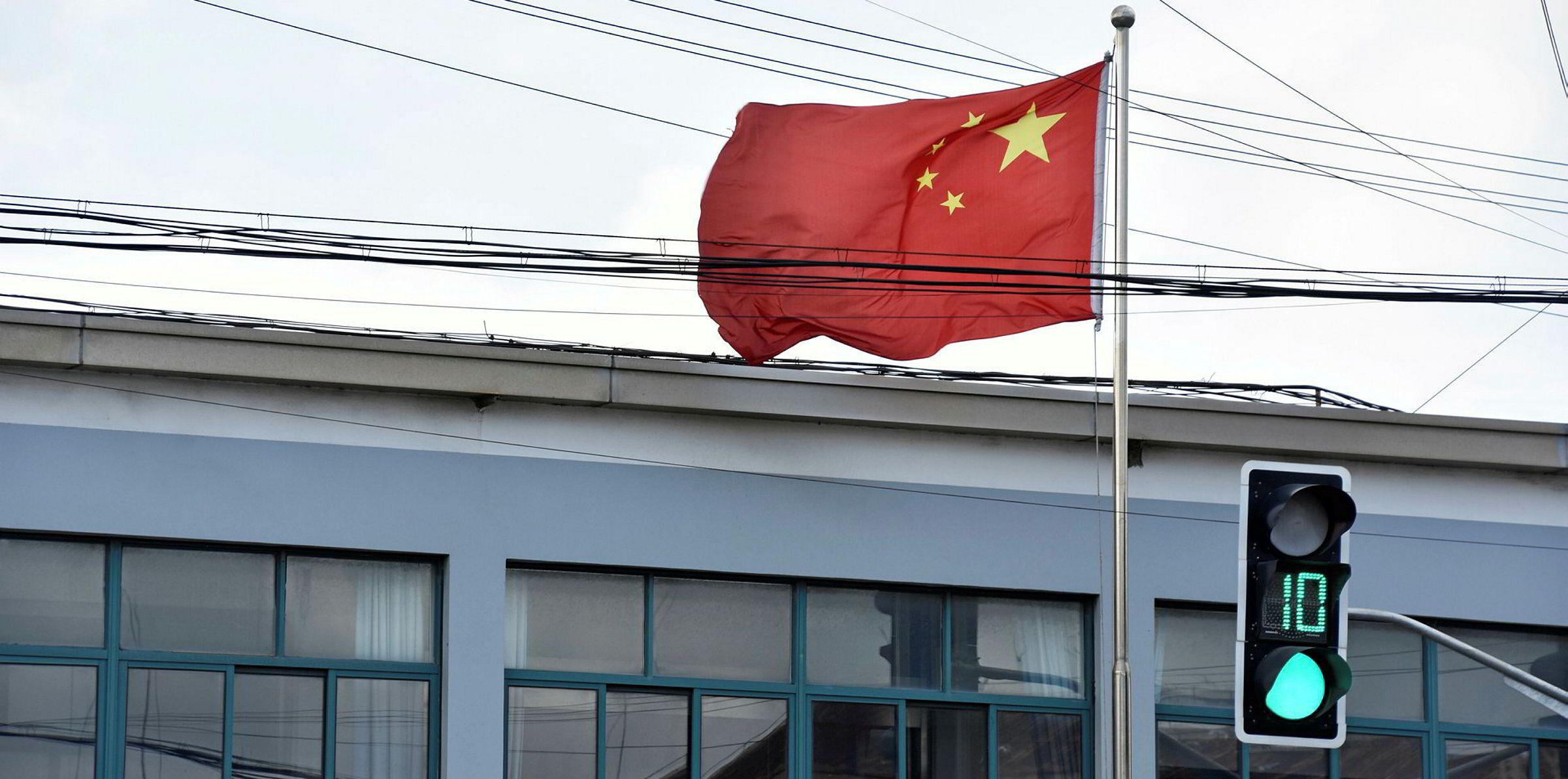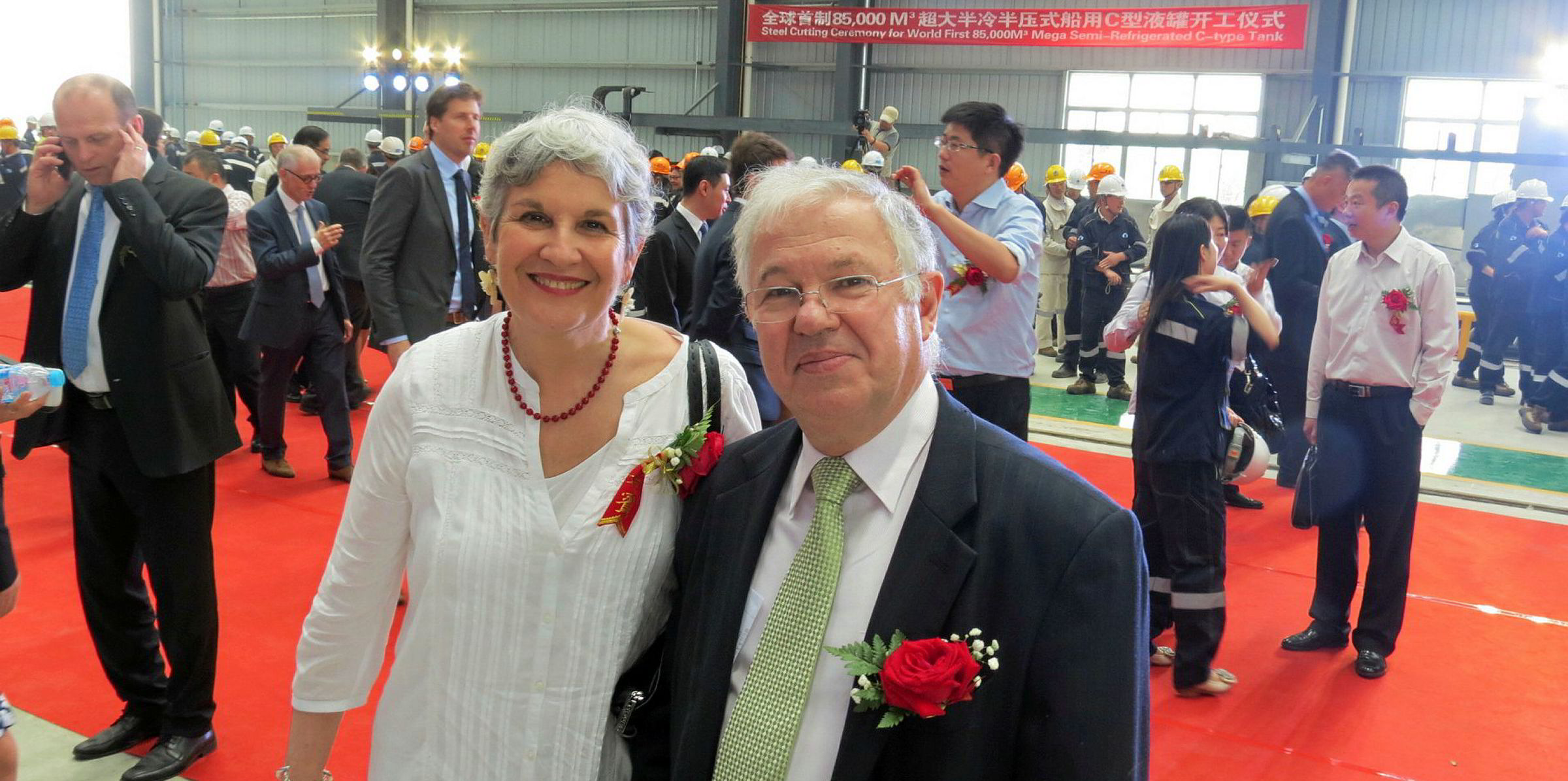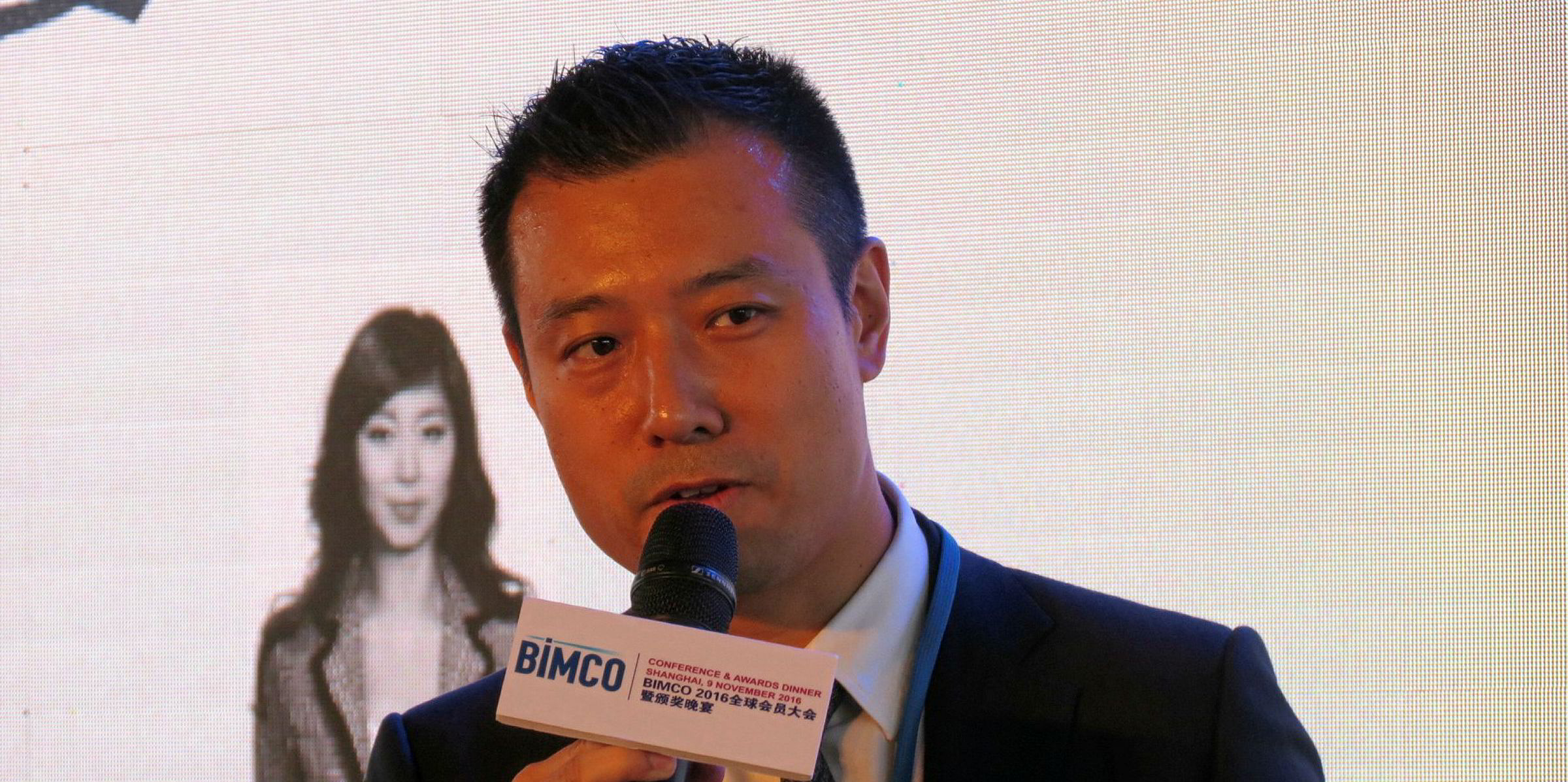ICBC Leasing is at work on a plan to set up its shipping operations as a wholly owned subsidiary entity — with the same credit rating as its parent bank, and with access to the same resources.
Plans are “sensitive” and at an early stage, and executives of the leasing giant’s shipping team dismiss suggestions that a ship-leasing IPO could be in the works.
They also express the belief that previously published reports of an IPO for the entire ICBC Leasing operation “may not be correct at the current stage”.
But whatever the goal of the exercise, operations are to be reorganised to establish a shipping unit that would be parallel to Hong Kong-based sister aircraft leasing entity ICBC Aviation Leasing.
To learn more about the company's plans and its outlook for the coming year, TW+ visited ICBC in Beijing before executives left for their hometowns for the Spring Festival holidays. No one knew then the challenges some would face in returning to work.
Two of ICBC’s three deputy heads of shipping were set to travel to Hubei province, whose capital, Wuhan, is the epicentre of the coronavirus epidemic.
On their return to Beijing in February, they would find themselves in an informal two-week quarantine, waiting along with most of the rest of China for a resumption of normal activity.
But on the final working Friday before the long break, the deputy heads of shipping, Peter Zhao Kuo (marketing) and Hubei’s Jason Jia Hao (funding and asset management) and Jeff Ji Fei (credit and risk) stepped out one, two and three at a time from a series of last-minute department-wide staff meetings that addressed strategic topics for 2020.
Zhao, Jia and Ji — along with ICBC Leasing executive director for shipping Bill Guo Fangmeng — present an optimistic picture of a busy organisation that expects to take back its former number one spot in ship leasing.

The title of top shipping deal-doer is in the hands of Shanghai rival Bank of Communications Financial Leasing (BoComm Leasing), which continued to expand its portfolio in the years when ICBC Leasing was struggling with its exposure to the offshore market.
Already one of the leading employers of ship finance talent in China, ICBC Leasing aims to build its specialist team towards a goal of up to 60 marketing, finance and legal staff. It also plans more asset play, including continuing its sales from the fleet of repossessed non-performing ships that it operates directly. And it is considering a streamlined “green channel” for credit evaluation to attract small and medium-sized customers.
In progress now is a rebalancing of its asset portfolio within shipping, as new deals and newbuilding deliveries give less weight to gas and more weight to tankers. Most significant may be ICBC Leasing’s goal of establishing itself in containerships, a sector it has largely left to others.
ICBC Leasing’s shipping portfolio is not entirely typical of its industry, where many peers are focused on fewer asset types, and some of the largest of them have a heavier exposure to liner shipping.
ICBC Leasing’s overall head of shipping, Wang Zhenyong, did not make himself available for interview, citing the complicated and time-consuming process of approvals a person of his level would have had to obtain to meet a US citizen reporter.
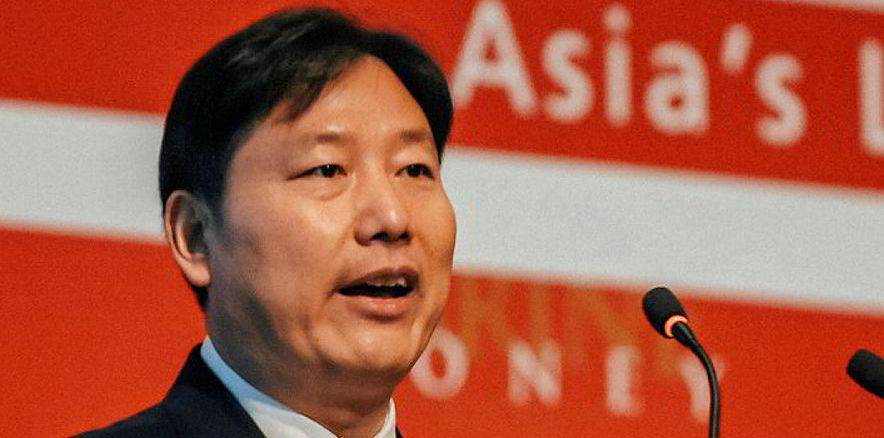
Two years after a split between ICBC Leasing’s ship finance and its troubled offshore operations, its biggest sector by asset value is gas carriers (35%). After that come bulkers (30%), tankers (17%) and containerships (15%).
“We will continue to follow all the markets. We are not abandoning any,” Zhao says. “But by the end of 2020, our fleet will be more balanced.”
Gas ships and containerships will form the larger part of the fleet, as segments in which the price for a single vessel is high, charter employment is long-term and the lessor can count on stable income. Bulkers and tankers, with more liquid S&P activity and more turnover in refinancing, will be smaller segments.
“But in terms of the profits they generate, the four sectors will be more evenly balanced. Each sector should contribute approximately 25%,” Zhao says.
The biggest moneymaker for ICBC now, in terms of rate of return, is tankers, and the biggest in absolute terms is bulkers.
Readjustment will come through newbuildings to be delivered and new financing projects in the pipeline, in newbuildings and S&P and through asset sales.
The biggest change implied in the readjustment involves containerships.
Although ICBC was long the industry leader in ship leasing and had the deepest pockets, it left big boxship deals for liner companies such as Maersk, CMA CGM and Mediterranean Shipping Co in the hands of BoComm Leasing, China Merchants Bank (CMB) Financial Leasing and China Construction Bank Financial Leasing.
“Our container shipping team was weak in marketing,” Zhao admits. “Also, ICBC Leasing was pushing finance lease structures, while most containership leases are operating leases. We were conservative about that, because managing the residual value risk of large containerships was a challenge. We didn’t know if we could do that.”
Zhao says a structure to control the operating risk of containership investments is in development.
“We have a shipping team with the ability to find good products in both good and bad markets, and we plan to continue increasing our professional competence,” he adds.
The outlook for 2020’s tanker market was good in January, and Zhao said ICBC Leasing was at the point of raising its spending target for tanker acquisitions. “The LNG market is also good, but there is competition from bank finance,” he says, “so we are reducing the target for our gas team.
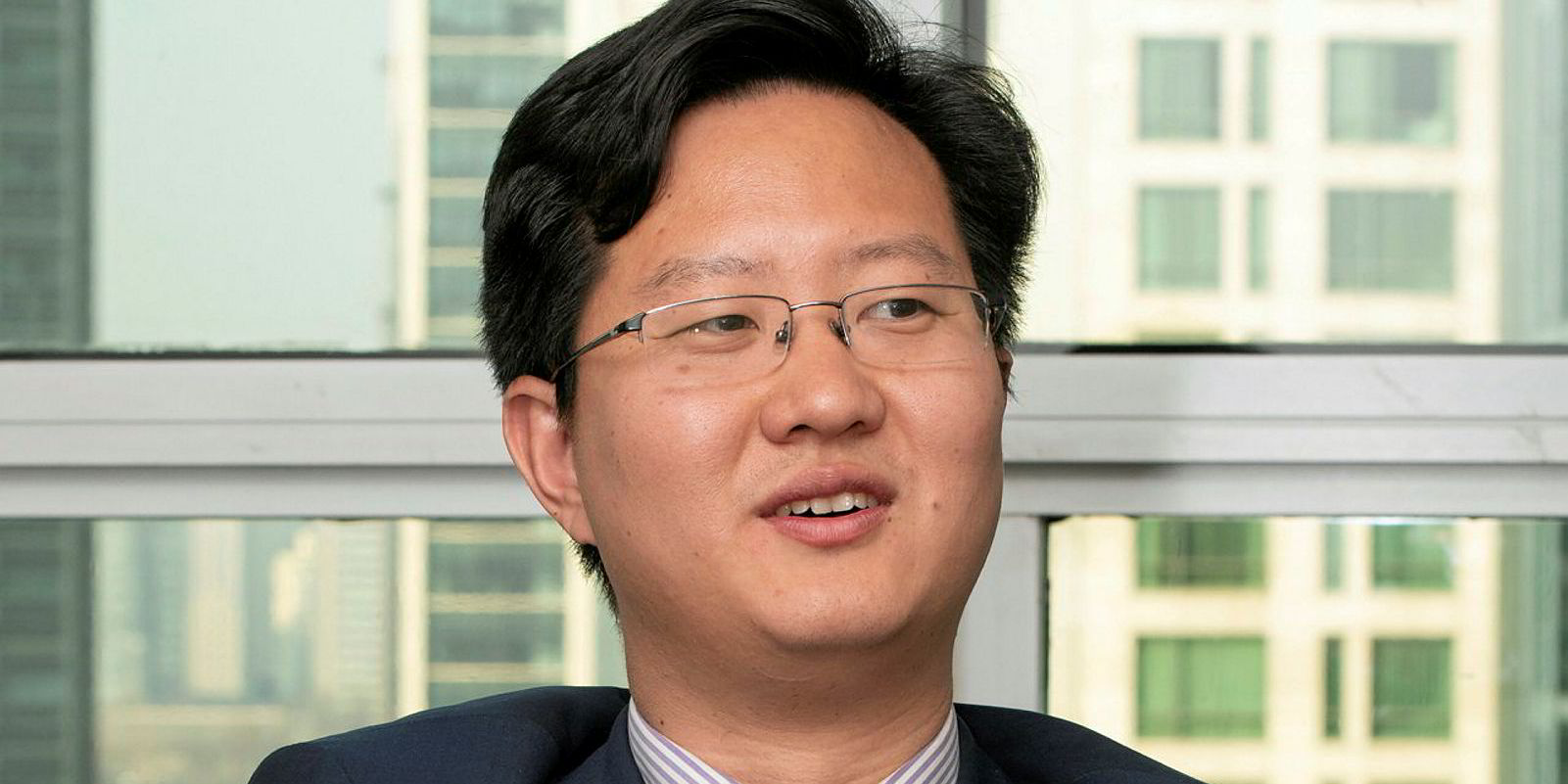
“People sometimes say ICBC Leasing is one of the world’s largest shipowners, but we always say: ‘No, we are a financial service provider, not a shipowner’. We insist strictly on defining our role that way. We never want to compete with our customers. We want to leave the market to the shipowners.
“We are not waiting for opportunities, but creating them.” That includes deals linking banks and leasing customers together in shipping and non-shipping business, such as LNG shipping deals whose upstream ends ICBC Bank had funded separately, or deals last year for four bulkers for Bunge and eight tankers for Shell.
ICBC Leasing has the world’s largest commercial bank as its parent, and domestic rivals point to its extremely low cost of capital, which they complain gives ICBC an unnatural advantage. Other Chinese leasing houses frequently accuse ICBC Leasing of offering pricing that is not healthy for the market.
But Jia says ICBC Leasing actually avoids getting all its money from one source.
About 60% of the money in a deal is “liquidity funding” supplied by the capital finance department of ICBC Leasing from the proceeds of bonds and loans of less than five years from other banks. The other 40% is “project funding” generated by the ship finance team. It is here that the sourcing needs to be varied.
“ICBC Leasing wants a safe and stable source of project funding,” Jia tells TW+. “The amount is growing greater and greater, so we want to have more channels for financing and a good relationship with the major foreign banks.
“At first we only got our funding from China’s two biggest state policy banks, the Import and Export Bank of China and China Development Bank. But seven years ago our team in charge of project finance began building up our relationship to outside banks.”
That goal of more varied sourcing for project funds trumps the conflicting goal of keeping business within the ICBC Bank organisation. In 2018, Jia says, his shipping department sourced $300m from ICBC’s overseas branch; last year, this amount dropped to zero.
Smaller and newer Chinese leasing operations have tended to build up their portfolios at first through transactions with ICBC Leasing and other better-established houses, says Peter Zhao Kuo. “During 2018 and 2019 there have already been sales of bulkers and gas carriers to third parties, including fellow Chinese leasing houses — gas carriers to SPDB Leasing and CMB Leasing, and bulkers to smaller leasing houses that are building up their portfolios,” he says.
“ICBC as a group would prefer to cooperate and provide profit to the overseas branch. The CEO of ICBC Leasing, Zhao Guicai, has told us that ICBC Leasing must try its best to follow his ‘One ICBC’ concept. But we have borrowed from foreign banks instead because they are a channel for us that we want to keep open.”
Jia emphasises that when ICBC’s shipping department becomes a formal subsidiary of ICBC Leasing, it will continue to enjoy the same credit rating, and therefore the same privileged cost of capital, as its parent company.
Despite having a financial rather than a shipowning background, Jia is also in charge of ICBC’s own fleet of directly operated ships — in practice dry bulk assets that have been repossessed from non-performing customers and chartered to a list of Chinese partner shipowners.
“I am spending more time on asset management and operating than on the funding side these days,” he says. “The reason is that I am from the bank and finance is easy for me, and our brand is very strong, so we can obtain funding easily. On the asset-management side we are having to create a new system.”
Under Jia, this fleet has shrunk rapidly over the past year after a new team was built up to oversee it. At the beginning of 2019, there were 17 ships from capesize down to handymax; at the end of the year, only nine. The eight ships sold included all six capesizes.
That level of activity reflects the lengthening tally of shipping professionals on the payroll. Five years ago, the company had a two-person asset-management team in shipping. Since 2018, that has become two teams, both led by Jia.
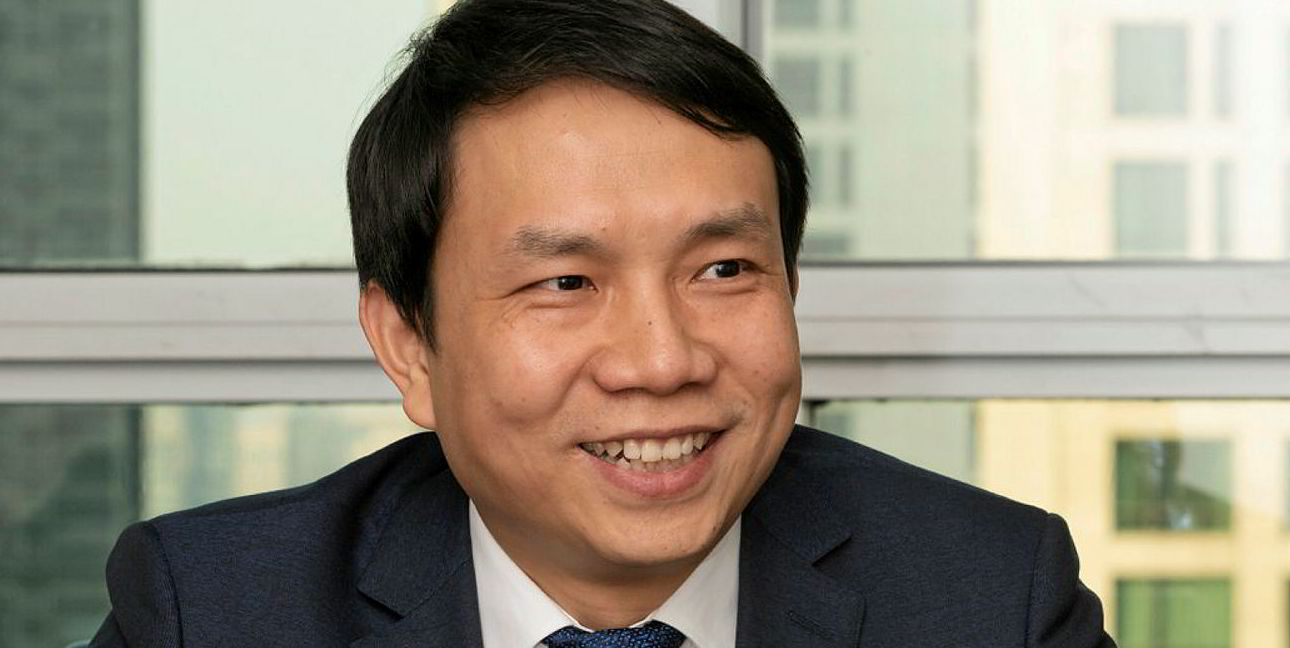
An “asset-operating team”, which he compares to a shipowning company, communicates with shipmanagement groups and chartering brokers, while an “asset-management team” communicates with shipyards and supervisors on newbuilding projects. It is also responsible for functions including insurance and valuations.
More sales are expected this year, not only of vessels from Jia’s directly operated fleet, but also from the purely financial portfolio.
Partnerships have become increasingly important during Jia’s term as head of asset management, and looming on the radar screen are some as-yet-undisclosed transactions in which ICBC Leasing will join traditional shipping companies to own assets for an end-user.
These will follow the pattern of partnerships with Shandong Shipping, China Merchants Group and Bernhard Schulte formed to own valemax bulkers, among other assets.
A frequent complaint about Chinese state-controlled finance is that it is heavily focused on big names, big fleets and big assets, with little to offer the smaller shipowner, or the owner of small vessels.
As Western banks have quit the ship finance field, traditional independent shipowners complain that their Chinese leasing house replacements have left them with nowhere to go.
Ji acknowledges that ICBC Leasing and its peers have been “focused on the top”.
The process of credit risk evaluation contributes to this focus. Evaluating the risk in a deal considers three sets of factors: the credit of the customer; the value of the assets; and the structure of the deal. “So the time it takes is the same, whether the customer is large, medium or small,” Ji says.
That biases a financier towards larger customers that allow a project manager to hit a bigger part of his or her budget target in roughly the same time.
One initiative underway would be a standardised credit committee process, a “green channel” for approving small and medium-sized customers, which assigns greater weight to the asset and less to the customer.
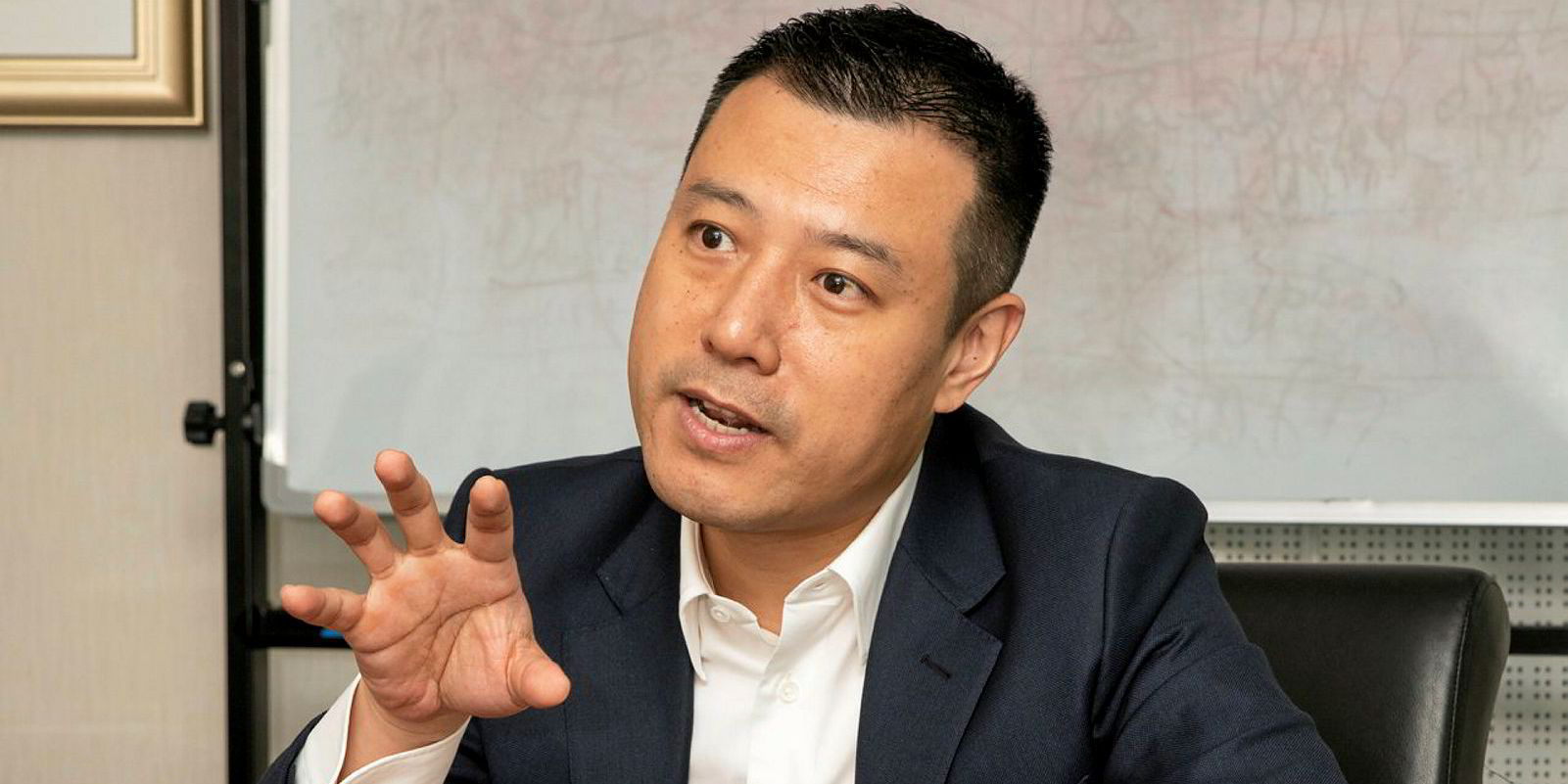
“This is still at the discussion stage. And we will always focus on top customers because of the scale involved and the factors of branding and reputation. But in general, lenders ought to focus more on the customer and lessors more on the asset, while at present we are looking about equally at both,” Ji says.
Zhao adds: “As we increase our staffing, we are happy to work with smaller numbers if the return and risk are okay. More staff will mean we have more time to do more projects.”
Last year, he says, the company did five projects with price tags of less than $100m, and it has several more in the works.
For 2020 and 2021, adds Guo, the company is in talks with several smaller Greek and German owners who historically relied on mortgage financing from local banks.

Perfectly placed to help shape shipping policy
At the micro as well as macro level, ICBC Leasing is optimistic about the impact of government policy.
China again defined the maritime sector as of national strategic importance last year, and ICBC Leasing is in a position to help shape policy, with its offices in the financial and political heart of west-end Beijing, across the street from the offices of its main regulator, the China Banking Regulatory Commission.
“Because we are the largest leasing house in China, regulatory authorities always consult ICBC Leasing for input on regulatory policy decisions,” says Jeff Ji Fei.
But the specific consequences of party and central government policies depend on detailed implementation at a local level, and decisions of importance are made in places like Hainan. In 2018, Communist Party general secretary Xi Jinping gave the go-ahead to make the entire tropical island province a single free-trade zone, and ICBC is making the most of the tax advantages of corporate registration there.
“The national government can only give you a slogan,” Ji says. “It is local governments that have to work them out in detail.”
A glance at LinkedIn shows that China’s leasing houses are a powerful magnet for top talent, especially young graduates. Many of ICBC Leasing’s plans depend on continuing to use its payroll to build professional competence.
That goes not only for the formation of the new shipping subsidiary, but also ICBC’s development of internal shipping asset-management and asset-play skills, its outreach to small and medium customers, and its aggressive marketing of services.
Before 2018, ICBC Leasing’s shipping side was staffed by 20 to 24 people. Over two years it has grown to 42, including 20 in marketing and the rest in asset management, legal or financial functions.
Over the next two or three years it expects to jump again to 50 to 60 professional staff. The focus is on having a financial product to offer shipping customers, so the team is young.
“We must know the internal culture of banks, so most of our team is from school, not from the market,” says Peter Zhao Kuo.

